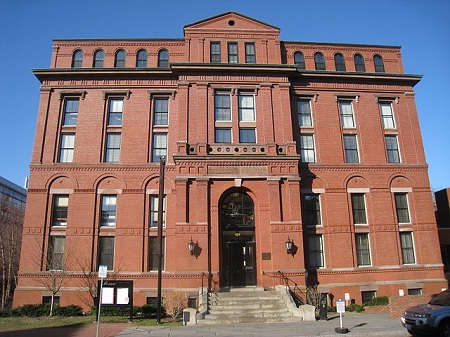Harvard’s ‘Hair Collection’ Triggers Demand for Legislative Action

Kathryn Carley – Commonwealth News Service
Indigenous activists in the Commonwealth are calling on state lawmakers to pass legislation to strengthen protections for Native American remains.
The outcry follows an announcement from Harvard’s Peabody Museum that it has hair samples from indigenous people around the world, including clippings from some 700 Native American children, many of whom attended U.S. Indian boarding schools. The hair was part of a donation to the museum in 1935.
Jean-Luc Pierite, president of the North American Indian Center of Boston, said he was horrified to learn about it.
“This was a severing of a spirit and of identity, forcefully cutting off the connection between the children and their home communities,” Pierite asserted.
Pierite emphasized lawmakers can ensure publicly-funded institutions in the Commonwealth adhere to federal protections for Native American remains by passing An Act to Protect Native American Heritage, which was originally filed in 2019.
The Peabody Museum did not respond to multiple requests for comment, although it has created a website detailing efforts to return the hair samples to families and Tribes.
Pierite argued the museum’s collection is indicative of a broader issue, in which sacred objects and human remains continue to be, in his words, “held captive” by public institutions.
He contended the Peabody Museum needs to correctly identify the origins of the samples to help families properly heal, as well as the Indigenous students on Harvard’s campus.
“You know, we’ve had students feeling like they’re in a situation where they couldn’t even breathe,” Pierite pointed out. “And not even really knowing how much is in there, but just knowing that these are places that hold so much that need to go back home.”
He added legislation would also have hastened the recent return of items and remains from the 1890 Wounded Knee Massacre by a museum in the town of Barre after decades of requests by descendants of those who were killed in the battle.
